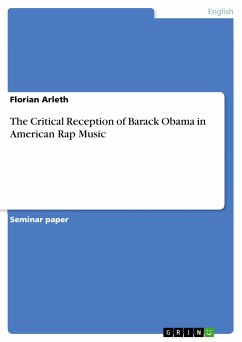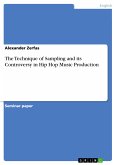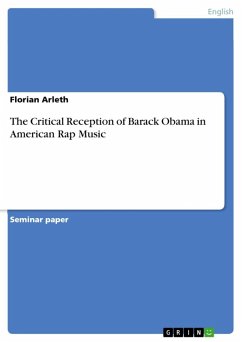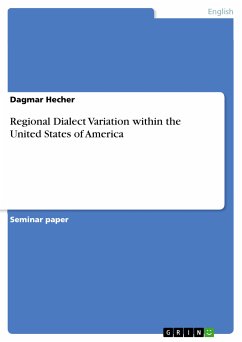Seminar paper from the year 2009 in the subject English Language and Literature Studies - Culture and Applied Geography, grade: 1,3, University of Heidelberg (Anglistisches Seminar), language: English, abstract: “Traditionally, hip-hop culture has been very skeptical of American government. Much hip-hop music [...] serves a sort of "watchdog" function” (Riggs, Tectonic). Since groups like Boogie Down Productions and Public Enemy introduced political rap music during the late Eighties, a certain branch of this sub culture took over the mission they inherited from their predecessors, namely artists like Gil Scott Heron and groups like the Last Poets. Those rap musicians consider their task as artists to give expression to their function as part of the national conscience. “Lyrics from different artist range from anti-American to revolutionary to more sobering ideas that encourage listeners to simply stay aware and involved” (Riggs, Obama). What they all have in common is that they were more often than not directed at American presidents. The list of examples is long and even dates back to the Reagan-era, but especially George W. Bush was a very prominent target. It can be assumed that this list will soon also include Barack Obama, whose race for the presidency and his election as the United States of America's 44th president have created a lot of controversy. Many different conceptions and notions have come into existence around the person Obama and his political career – before and after the Inauguration. His views on critical issues, his aims as a president, his whole philosophy have found a broad response across any social and intellectual boundaries. Especially in mass media, the presence of Obama is enormous and has contributed a lot to his pop-star-like-status. A comparison that holds even more truth if uttered in regard of the many songs inspired by and dedicated to Barack Obama. His impact on music is unprecedented and the effects it had on the various genres are manifold. While he was embraced with little question from the mainstream, giving some a new audience, while providing others a new word to rhyme with, it have been such non-primarily mainstream genres like Hip-Hop music1 that made their critical voice heard.
Bitte wählen Sie Ihr Anliegen aus.
Rechnungen
Retourenschein anfordern
Bestellstatus
Storno









